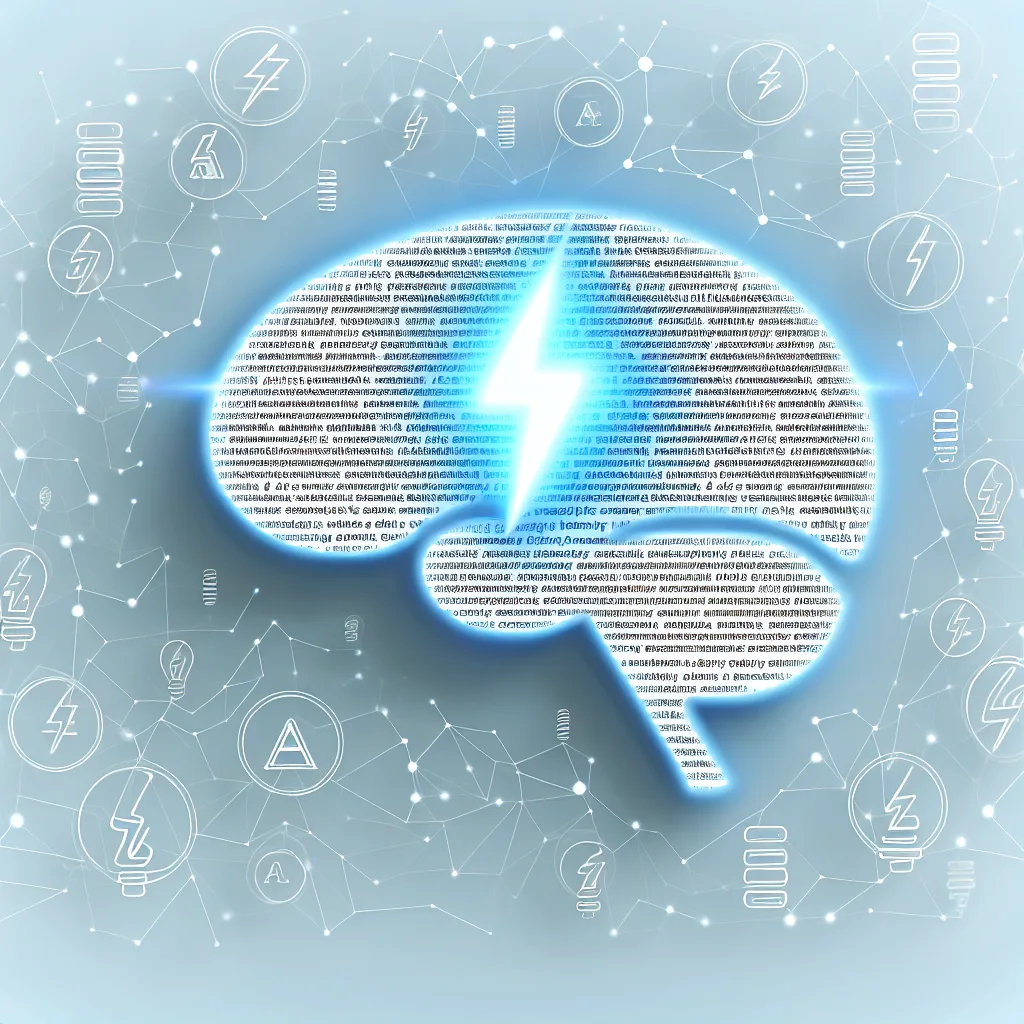Why clear communication matters more than ever in an AI-driven world
You might not have thought about it, but the way we write—our spelling, grammar, and clarity—could actually be influencing how much energy artificial intelligence uses. It sounds wild, but poor writing can lead to higher AI power consumption. Let me explain.
When people interact with AI, often through chatbots or text prompts, the AI has to process what we type. This processing involves breaking down our words into “tokens”—chunks of text it understands. But here’s the catch: if the prompt isn’t clear, maybe because of grammatical mistakes or awkward phrasing, the AI has to work harder to understand what we mean.
This extra work means generating more tokens during the AI’s “thinking” process. Since every token has to be checked against all others, the computational cost grows much faster than you might guess. It’s not a minor increase; it’s quadratic, which means that even small inefficiencies can multiply quickly when millions of people use AI daily.
Individually, the extra power used might be tiny. But with billions of prompts every day, it adds up to a significant energy cost. Just imagine the energy required to power all that additional AI computation because of unclear writing. Could we be wasting enough energy to charge cell phones, power homes, or even entire small nations? It’s something worth thinking about.
Why AI Power Consumption Matters
Our digital world increasingly relies on AI systems, from virtual assistants to automated customer service. The more efficient these systems are, the better it is for the environment and our energy bills. Reducing AI power consumption is an important piece of this puzzle.
The Role of Writing in AI Efficiency
Clarity in writing is more than just good manners. It directly impacts how efficiently AI can process text. Poor grammar or mixed languages can confuse the AI, leading to more work on its part. This means more servers running longer, using more electricity.
What Can We Do?
It might seem like a small thing, but paying attention to the way we write when communicating with AI can help save power. Taking the time to write clearly, check spelling, and use proper grammar can reduce the extra calculations AI needs to perform.
It’s not about blaming anyone—language skills vary, and many people are learning. But fostering clearer writing habits could become a subtle social incentive to reduce AI’s power needs.
Looking Ahead
Research like “The Token Tax: Systematic Bias in Multilingual Tokenization” and “Parity-Aware Byte-Pair Encoding” highlight these challenges in AI language processing. Developers are also working to make AI more efficient, but user input quality plays a big role.
For more on how AI processes language and the impact on computing resources, check out OpenAI’s overview on tokenization and Google’s AI energy use commitment.
In the end, being a clear writer doesn’t just help others understand you—it can help save energy and reduce the unseen environmental cost of the AI revolution. So next time you chat with AI, consider it a tiny but helpful step toward a more sustainable digital future.
